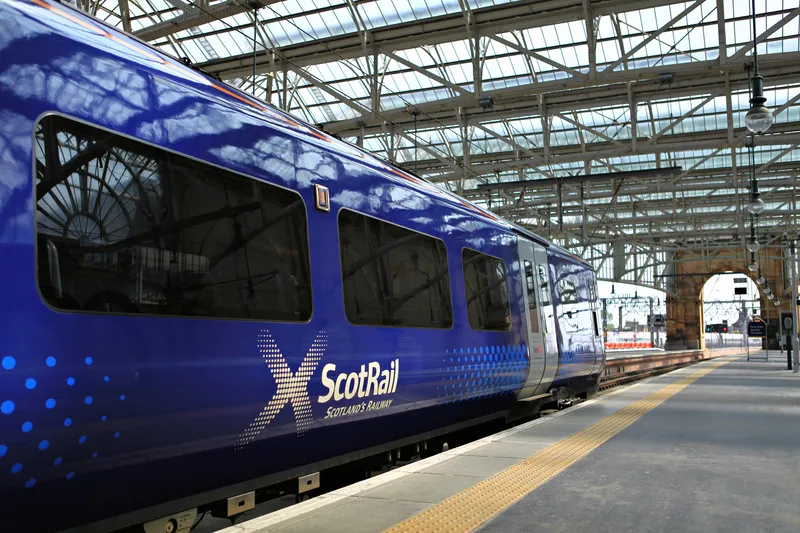As part of the partnership, the two companies plan to participate in a US$12 million investment in Toyota Media Service Company, a TMC subsidiary that offers digital information services to Toyota automotive customers. The two companies aim to help develop and deploy telematics applications on the Windows Azure platform, which includes Windows Azure and Microsoft SQL Azure, starting with TMC's electric and plug-in hybrid vehicles in 2012. TMC's goal is to establish a complete global cloud platform by 2015 that will provide affordable and advanced telematics services to Toyota automotive customers around the world.
As part of its smart-grid activities, aimed at achieving a low-carbon society through efficient energy use, TMC is conducting trials in Japan of its Toyota Smart Center pilot program, which plans to link people, automobiles and homes for integrated control of energy consumption. TMC believes that, as electric and plug-in hybrid vehicles become more popular, such systems will rely more on telematics services for achieving efficient energy management.
"Today's announcement of our partnership with TMC is a great example of how we continue to invest in the automotive industry and of our commitment to power the services that are important to consumers," said Microsoft CEO Steve Ballmer. "It further validates the power of the cloud, as the Windows Azure platform will provide the enterprise-grade, scalable platform that TMC needs to deliver telematics in its automobiles worldwide."
"This new partnership between Microsoft and Toyota is an important step in developing greater future mobility and energy management for consumers around the world. Creating these more efficient, more environmentally advanced products will be our contribution to society," said Akio Toyoda, president of TMC. "To achieve this, it is important to develop a new link between vehicles, people and smart center energy-management systems."







